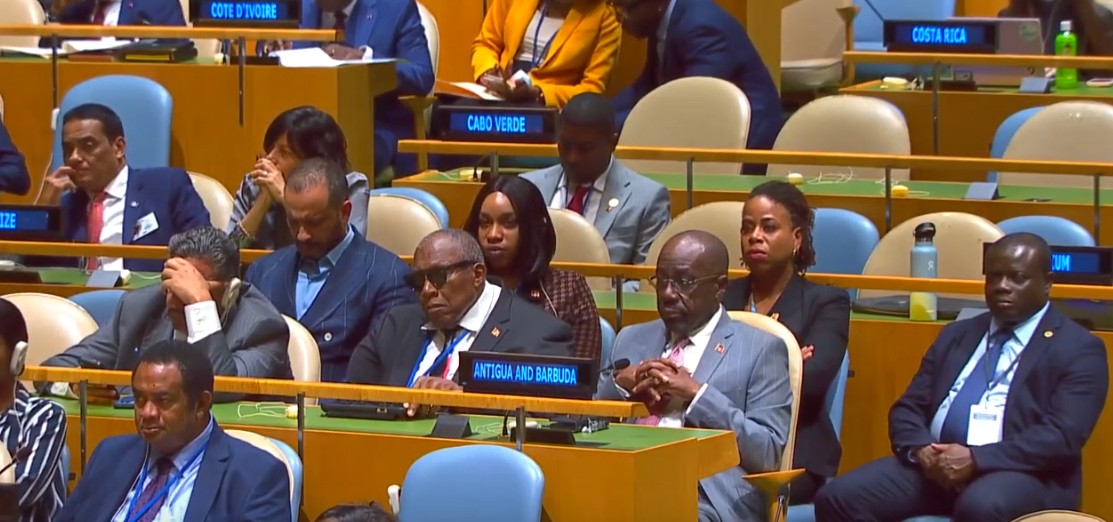Rodrigo Paz Pereira, representing the Christian Democratic Party, and former president Jorge Quiroga secured the top two positions in the presidential elections held on Sunday, according to preliminary results. Neither candidate achieved the required majority, prompting a run-off election scheduled for October. Paz Pereira's unexpected rise, which contradicted prior polling trends that positioned businessman Samuel Doria Medina as the leader, raises questions about the political future of the nation.
His campaign has been centered around financial redistribution from the central government to regional entities and combatting corruption, encapsulated in his slogan, “capitalism for all, not just a few.” He advocates for increased access to credit, tax incentives to stimulate the formal economy, and the removal of import barriers for goods that Bolivia does not produce.
Quiroga, who served as an interim president in the early 2000s, faces Paz Pereira in a race with significant implications for Bolivia's foreign relations, particularly regarding its vast lithium reserves, a crucial component for electric vehicle batteries and other technologies. A shift to a capitalist approach may also pave the way for enhanced foreign investment and a potential redirection of ties toward the United States, as Bolivia has recently fostered closer relations with China, Russia, and Iran.
This electoral shift comes amid Bolivia’s ongoing economic turmoil, characterized by fuel and food shortages, high inflation, and mounting debt. Preliminary polling indicated a widespread desire among voters for change, particularly in light of the current president Luis Arce’s unpopularity, which led him to forgo a re-election bid.
Incidents of hostility towards left-wing candidates highlight the electorate's discontent with the reigning socialist party, the Movimiento al Socialismo (MAS). Reports reveal that MAS candidate Eduardo del Castillo was met with scorn while voting, while another candidate, Andrónico Rodríguez, faced physical confrontation as he arrived to cast his ballot amid comments from voters suggesting he should stand in line for fuel.
Evo Morales, the former president and leader of MAS, remains a controversial figure, as he is barred from running again after serving from 2006 to 2019. He has called on his supporters to nullify their votes, further demonstrating the fractures within the leftist bloc, which is also witnessing significant divisions.
Rodríguez, who was once associated with Morales, distanced himself from the former president amid ongoing tensions and power struggles. The electoral prospects were clouded by memories of the contested 2019 elections, which led to widespread protests and Morales's resignation amid accusations of electoral fraud.
As Bolivia approaches this pivotal election, the tensions within the political framework and the economic strife may shape a new era for the nation, one that could lead to profound changes in policy and international relations.
His campaign has been centered around financial redistribution from the central government to regional entities and combatting corruption, encapsulated in his slogan, “capitalism for all, not just a few.” He advocates for increased access to credit, tax incentives to stimulate the formal economy, and the removal of import barriers for goods that Bolivia does not produce.
Quiroga, who served as an interim president in the early 2000s, faces Paz Pereira in a race with significant implications for Bolivia's foreign relations, particularly regarding its vast lithium reserves, a crucial component for electric vehicle batteries and other technologies. A shift to a capitalist approach may also pave the way for enhanced foreign investment and a potential redirection of ties toward the United States, as Bolivia has recently fostered closer relations with China, Russia, and Iran.
This electoral shift comes amid Bolivia’s ongoing economic turmoil, characterized by fuel and food shortages, high inflation, and mounting debt. Preliminary polling indicated a widespread desire among voters for change, particularly in light of the current president Luis Arce’s unpopularity, which led him to forgo a re-election bid.
Incidents of hostility towards left-wing candidates highlight the electorate's discontent with the reigning socialist party, the Movimiento al Socialismo (MAS). Reports reveal that MAS candidate Eduardo del Castillo was met with scorn while voting, while another candidate, Andrónico Rodríguez, faced physical confrontation as he arrived to cast his ballot amid comments from voters suggesting he should stand in line for fuel.
Evo Morales, the former president and leader of MAS, remains a controversial figure, as he is barred from running again after serving from 2006 to 2019. He has called on his supporters to nullify their votes, further demonstrating the fractures within the leftist bloc, which is also witnessing significant divisions.
Rodríguez, who was once associated with Morales, distanced himself from the former president amid ongoing tensions and power struggles. The electoral prospects were clouded by memories of the contested 2019 elections, which led to widespread protests and Morales's resignation amid accusations of electoral fraud.
As Bolivia approaches this pivotal election, the tensions within the political framework and the economic strife may shape a new era for the nation, one that could lead to profound changes in policy and international relations.




















